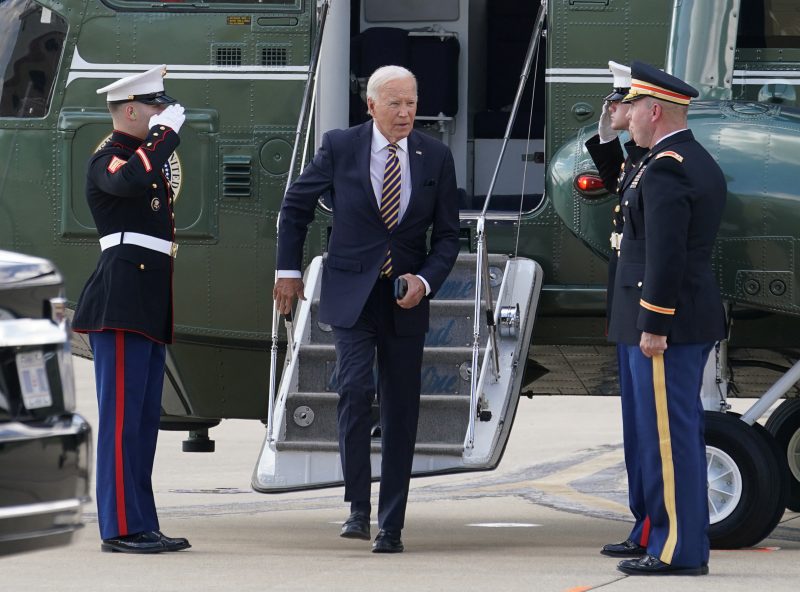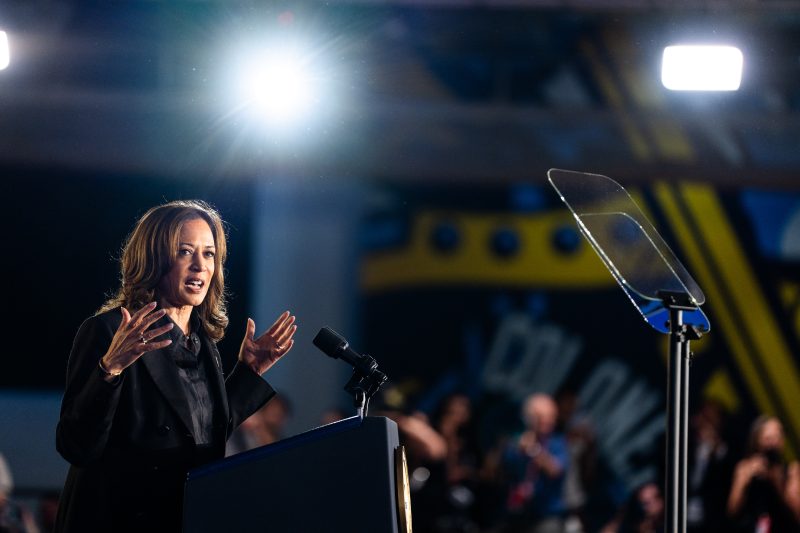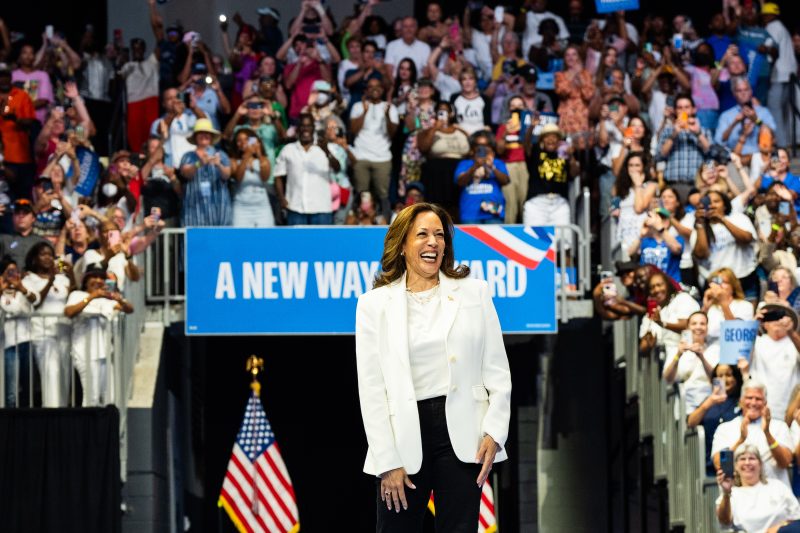Editor's Pick
23-09-2024 12:13
2 Views
Biden’s Final U.N. Meeting Shadowed by Intensifying Middle East Tensions

Title: Tense Middle Eastern Atmosphere Casts Shadows Over Biden's U.N. Finale
Tensions in the Middle East, fueled by the Afghanistan debacle, Iran's nuclear ambitions, as well as issues of human rights, loom large as the specter over President Joe Biden's last grand United Nations meeting. The stressful climate prevalent in that part of the world, taking center stage in global politics, has placed huge diplomatic pressure on Biden's administration to sketch out tangible solutions to these ongoing issues.
The hasty U.S. withdrawal from Afghanistan has left many countries reeling, unsure of the new normal. Evidently, this unplanned exit has emboldened insurgent groups such as the Taliban, posing increased threats to regional stability and international peace. This hasty withdrawal triggered a chain of events leading to a refugee crisis, which has reverberated far beyond the borders of Afghanistan.
Meanwhile, Iran's nuclear ambitions form another convoluted layer in the Middle Eastern saga. While Biden's administration is committed to the 2015 Joint Comprehensive Plan of Action (JCPOA), returning to this accord is not as straightforward as it seems. Iran's ongoing nuclear developments are in breach of this agreement, creating a diplomatic impasse despite America's wish to reestablish diplomatic ties and prevent nuclear proliferation.
The human rights issues in several Middle Eastern nations, including Saudi Arabia and Yemen, also pose a critical challenge to Biden's commitment to humanitarian ideals. The alleged violation of human and civil liberties puts the Biden administration in a position where it must balance its strategic military alliances and its fervent defenses of human rights.
In this context, the U.N. meeting serves as Biden's last standing platform to address the deep-seated issues disrupting the Middle East's peace. It is here where he must underscore the United States' role as a global leader and act decisively to navigate the turbulent waters of these crises.
Furthermore, Biden's handling of the tensions in the Middle East will inevitably shape his legacy in foreign policy. It is a test of his leadership and the power of diplomacy, a power he has repeatedly affirmed since his inauguration. Hence, Biden's strategy in the Middle East is not merely a response to imminent crises – it is a defining aspect of his political persona.
In conclusion, the escalating tensions in the Middle East have inevitably cast a dark shadow over Biden's last big U.N. meeting. However, this complex geopolitical tableau also presents an opportunity. An opportunity for Biden to assert his administration's commitment to world peace, to demonstrate the power of diplomatic discourse, and ultimately, to shape his legacy in the realm of foreign affairs.




